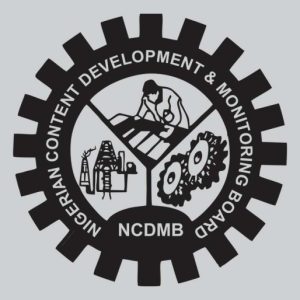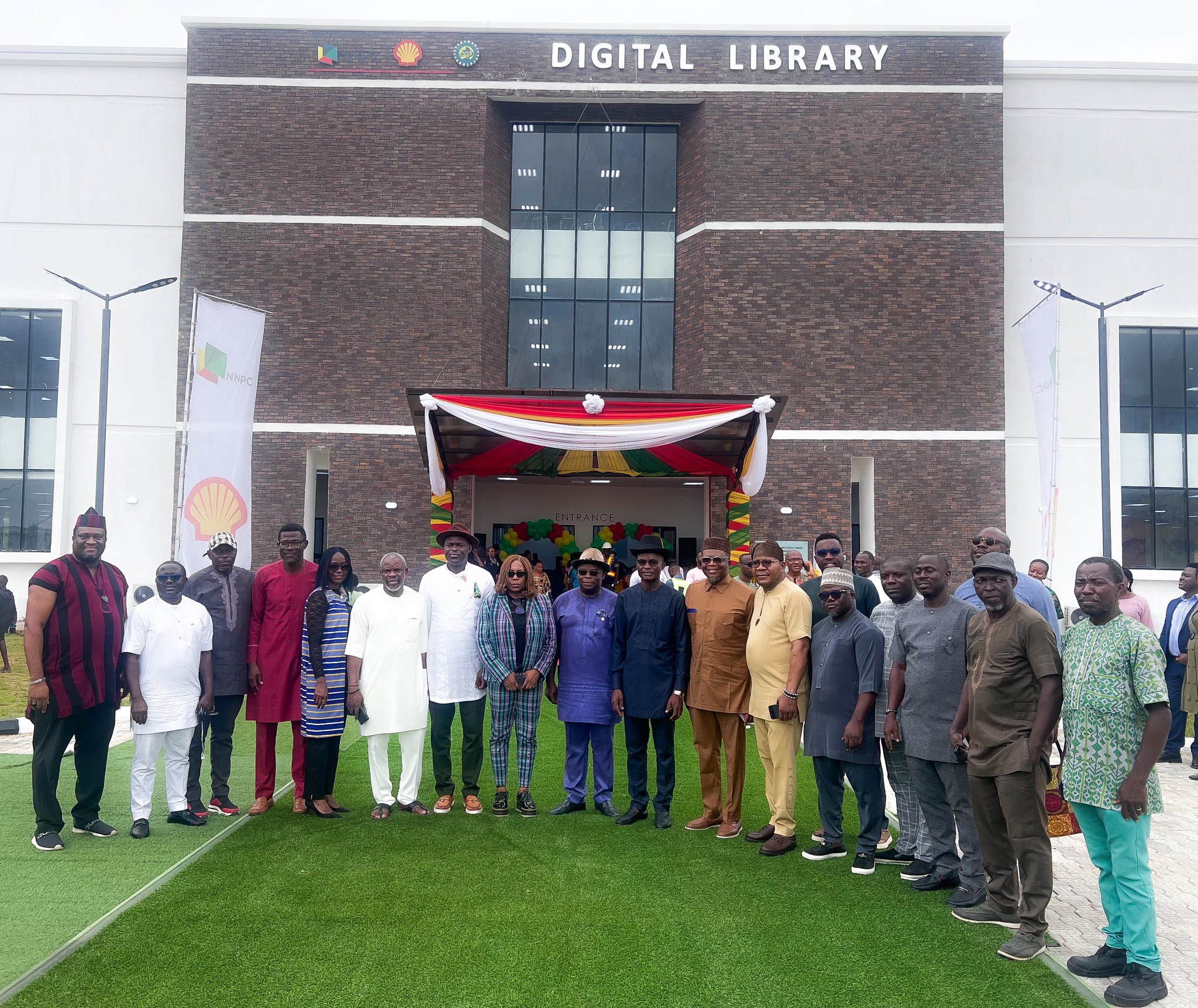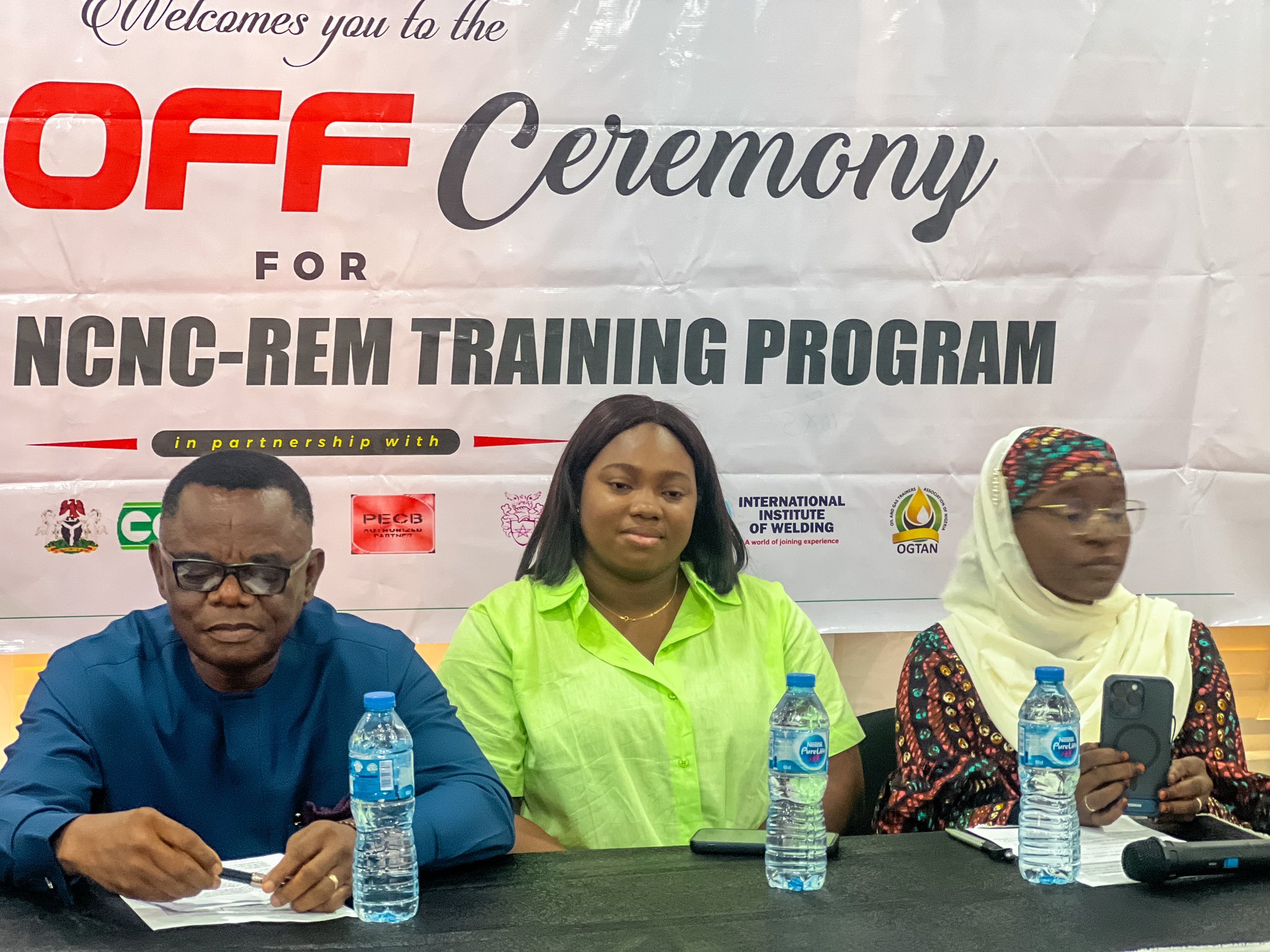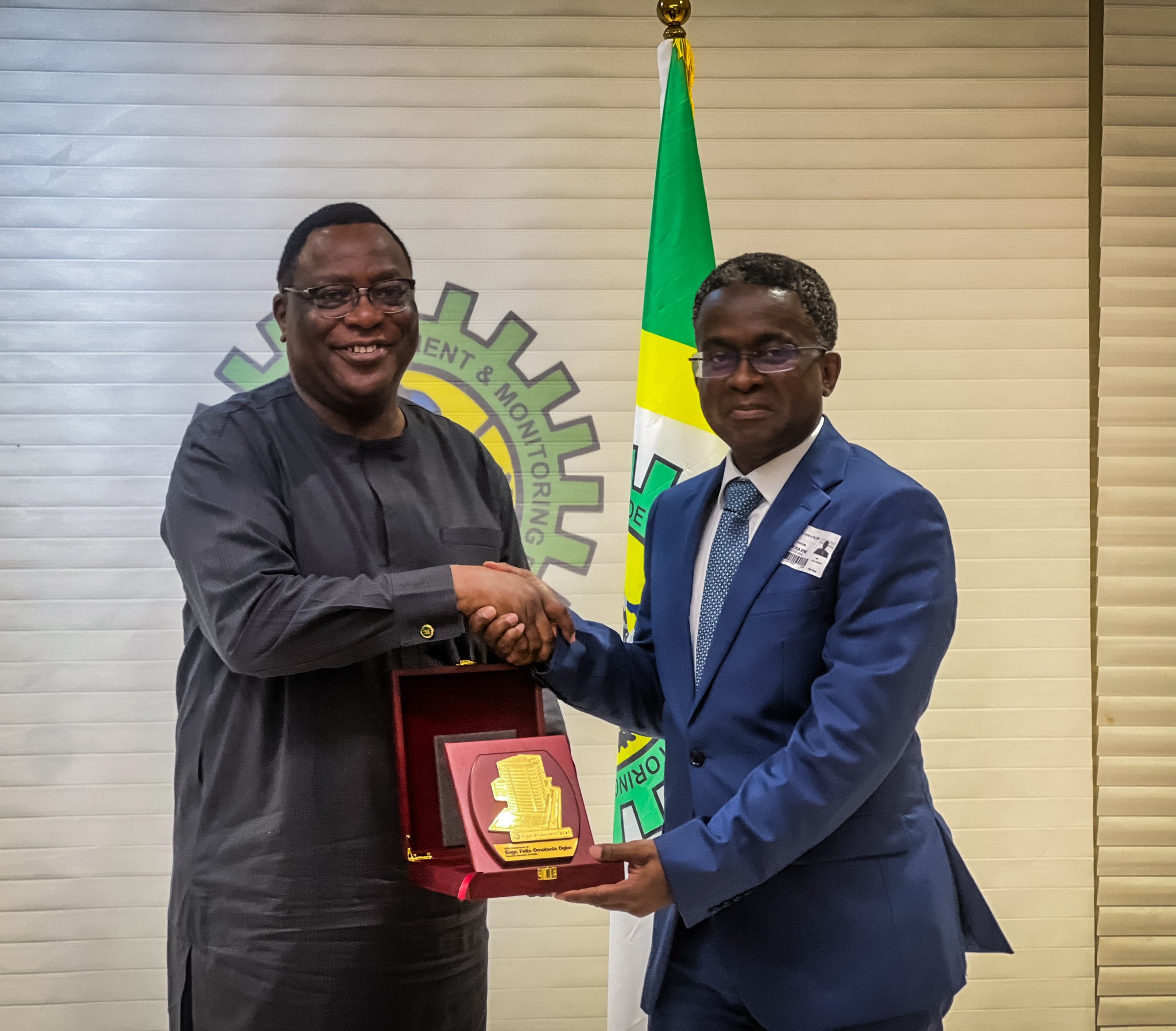
A nine-man delegation drawn from four different agencies in the Ugandan Petroleum industry visited the (NCDMB) recently to understudy the implementation of the Nigerian Oil and Gas Industry Content Development (NOGICD) Act in the oil and gas industry and seek counsel on how to implement a similar policy in their country.
Leader of the delegation and Head of National Content, Petroleum Authority of Uganda (PAU), Mrs. Betty Namubiru explained that Uganda discovered oil in commercial quantities in 2006 and had a reserve base of about 6 billion barrels. She added that her nation was currently developing its oil and gas facilities, perfecting its policies and conducting studies on the best methodology to adopt in extracting and managing its petroleum resources. She indicated that the Ugandan oil sector needed an investment inflow of US$35bn and was expecting US20bn over the next three years.
She underlined that the visit to NCDMB was intended to enable the participating officials understand key areas to focus on in their National Content drive, so the nation could derive maximum in-country value from the projected investments. She added that “Uganda has a long standing relationship with Nigeria and this is just the beginning because our oil and gas sector is just evolving. We want to learn more about the steps you took in setting up your 10-year roadmap to grow Nigerian Content to 70 percent.’’

Making a presentation on the activities and achievements of NCDMB, Halilu stated that certain parameters were necessary for sustainable Local Content implementation, listing them to include gap analysis of the industry, capacity building, regulatory framework, incentives and research and development.
He also told the Ugandan delegation that Local Content needs the participation of foreigners and Foreign Direct Investment to thrive and that Local Content is not Corporate Social Responsibility, rather it promotes the domiciliation of value-adding activities.
He also stated that Local Content requires support of government at the highest level and should not be interpreted as an effort to nationalise foreign businesses.
Providing details on the Board’s Project 100 initiative, Halilu advised Uganda to “look at how to identify some companies that have come up without any assistance and develop some interventions to take them to the next level.” He also advised the team to ensure that every major oil and gas project in their country is designed to leave a legacy investment behind.
In his comments, the General Manager, Capacity Building, NCDMB, Dr. Ama Ikuru stated for Local Content to succeed in Uganda, the administrators must insist on industry activities being executed in-country, as that would enable the indigenes to participate and acquire skills. He advised the Ugandan officials to focus on human capacity development and equip their indigenes with specialized skill sets required to work in the oil and gas industry. This is important he said, because the cost of manpower often accounts for between 20 to 25 percent of the operating costs of the industry. “If you can take that chunk, you have already improved your domiciliation.”
He also stated that 35 percent of industry budget is normally expended on equipment and assets, adding that Nigerian Content tries to capture that spend by giving first consideration to Nigerian companies that own vessels or manufactures vessels locally.







